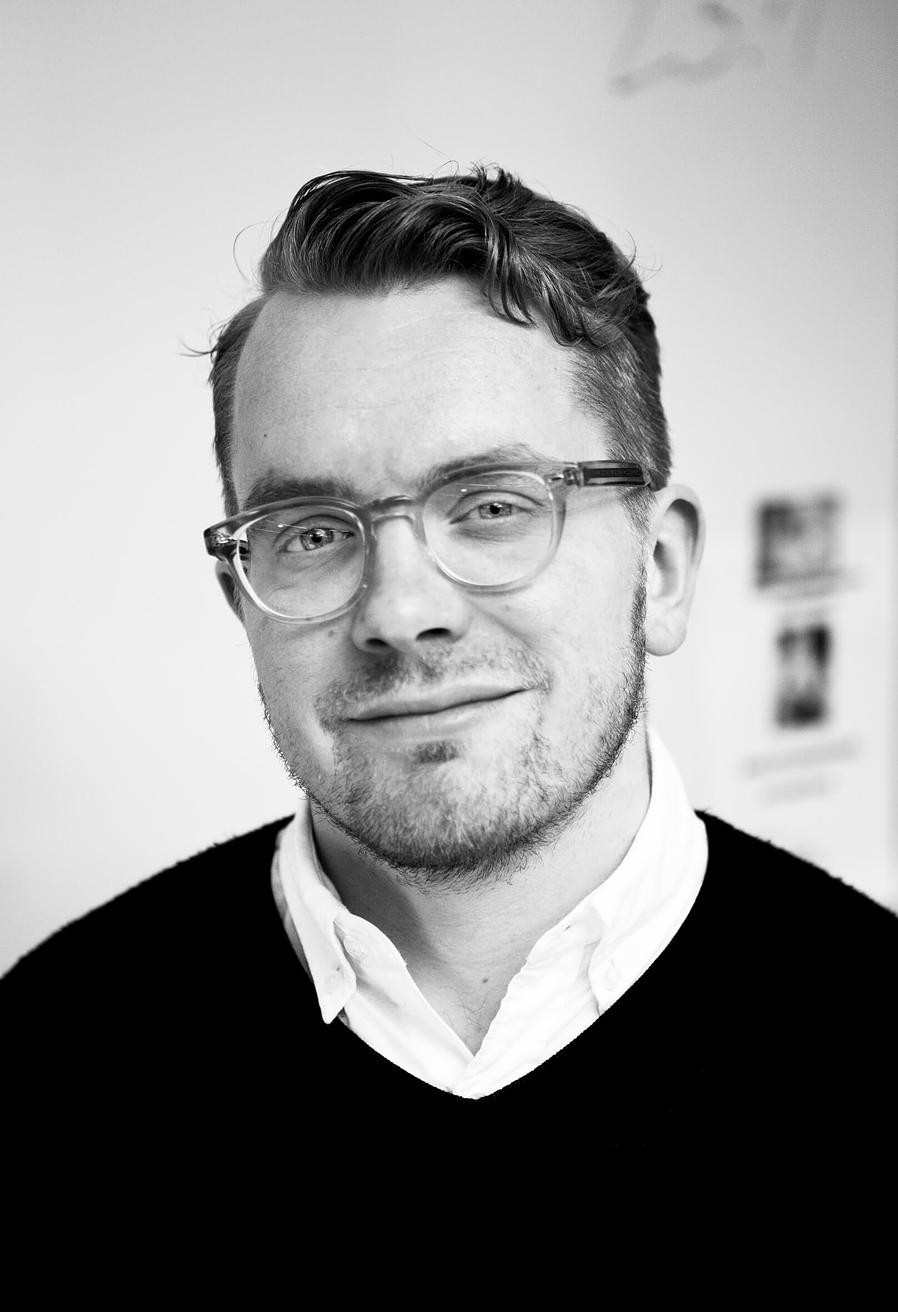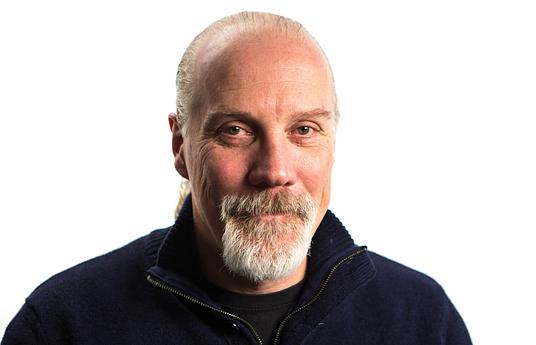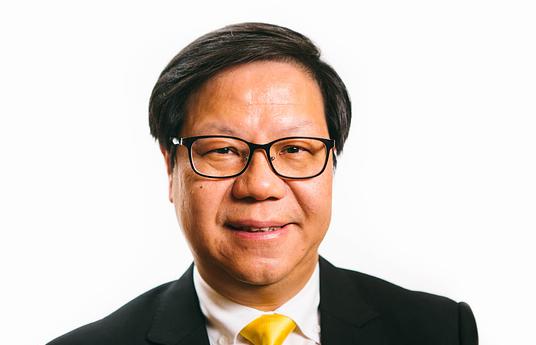Antti Malste
Antti Malste is a specialist in education policy and the Secretary General of the National Union of Vocational Students in Finland (SAKKI). Antti believes that education is the key to happiness - for individuals as well as society.
Skills
Do you feel that the way we are educating students fully prepares them for the needs of the 21st century?
Yes and no. The world is changing rapidly and one degree isn't enough anymore. Therefore, an important goal for vocational education is to ensure that students have the skills to learn and keep on learning.
All young people should also be taught good basic life skills that aren't merely in the context of learning. For example, citizenship skills are important.
Teachers
What are the key challenges for teachers?
One of the challenges that concerns all areas of education is digitalization - how do we maintain an exciting school or learning facility so that it appeals to young people? What is an exciting learning environment? When children go to school, how do we ensure that their tablets aren't taken away from them, and how do we incorporate these tools as part of the school system and education?
It is a definite challenge for teachers to make learning exciting - the school system must not destroy their natural curiosity.
Traditionally vocational education trains someone for a profession that they will stay in until retirement. In today's world however, one degree isn't enough, so learning to learn is essential.
Assessment
What should change in pupil assessment?
Good question. From the perspective of vocational education, it is important to develop a system of assessment that can effectively evaluate what students know and learn. It needs to be a system that is flexible enough to support a variety of learning paths.
We should identify the knowledge that students have prior to studying, and use that information to create personalised learning paths. We already have some models that operate on that basis, but they need improving.
In Finland we talk a lot about PISA. Do you feel this is a good thing or should education be developed from another point of view?
PISA in itself is a good way to measure education, it measures what a student knows. However, it is perhaps overly emphasised in learning. Finland's results have declined a bit, so now is the time to reflect on what we should do next to ensure good education.
At the same time though, Finland's PISA results are only a fraction of the truth. Although the results have been soaring, our country has over 600,000 adults with severe problems in reading and writing - this indicates that regardless of our excellence in education, not everything is fully functioning.
Environments
What would be the most exciting learning environment?
The definition of an exciting learning environment depends on which degree of education is in question.
In vocational education, an exciting learning environment is usually one in which students get to perform. Digitalization is a useful tool, depending on resources.
Leadership
What are the biggest challenges in the current education system?
The biggest challenges in the education system, I believe, have to do with the current economic state. The education system must be renewed, there is no doubt about it, but we are currently trying to do so in the midst of massive budget cuts.
SAKKI's take on this is that Finland can only thrive when its people are highly educated.
How should education policy change?
The only way to thrive is to invest in education. This doesn't mean that we need to merely invest in higher education, but instead in all schooling from early childhood education through to doctorates. The level of competence must keep going forward for the entire nation.
Personal memory
Do you have a favorite memory from your own formal education?
I think my dearest school memories are my first days of primary school - the experience of learning, and realising that learning is fun and cool. Unfortunately, I'm not sure that this feeling stayed with me through all my school years.
The next 100 years
The next 100 years of Finnish education should... ensure that the Finnish school system is the world's most equitable.
In the future, the Finnish school system will be the most innovative. All people, regardless of their level of education, will strive to keep achieving and engaging themselves in lifelong learning.


